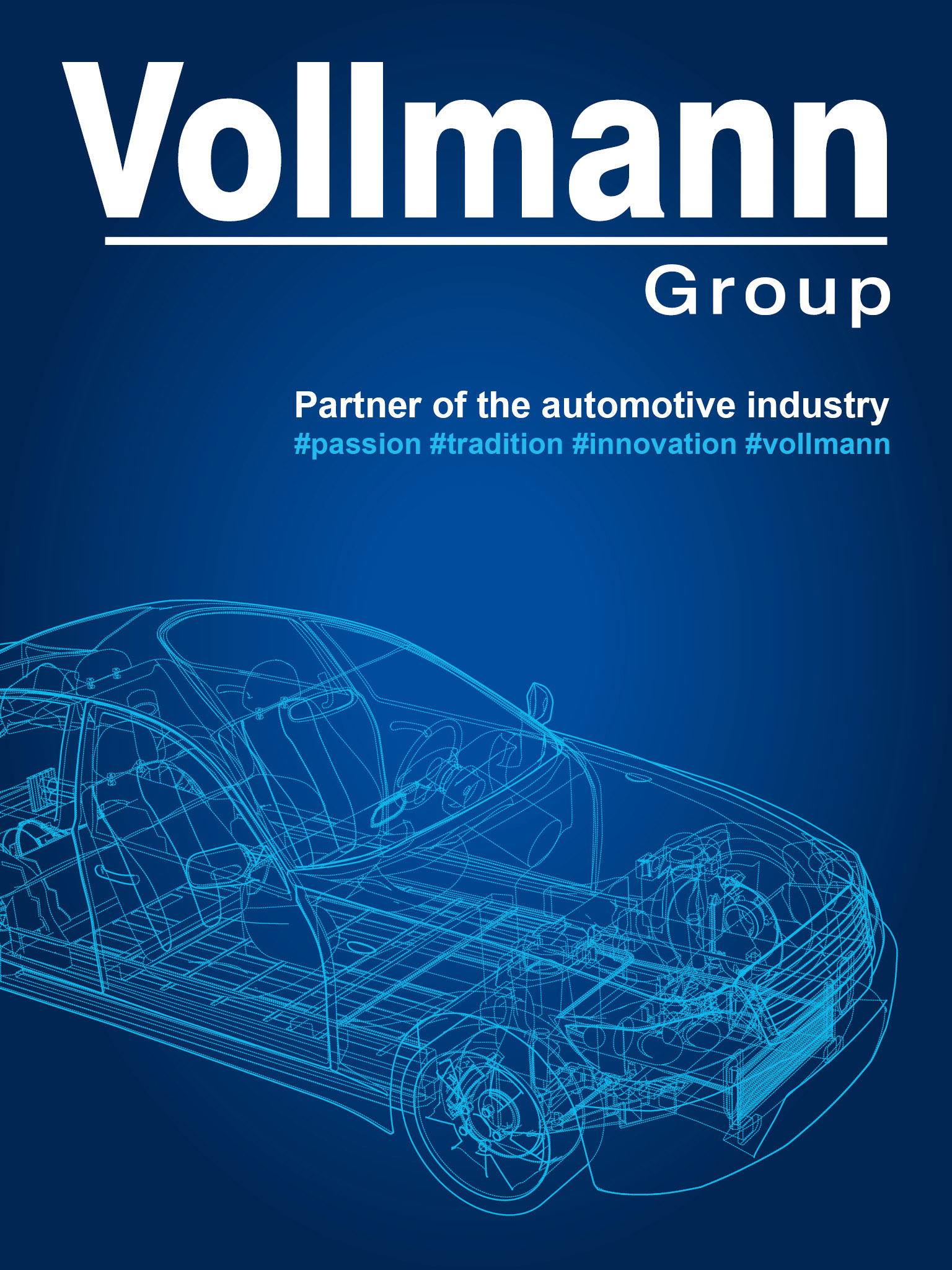Austerity was the name of the game for many companies during the trials of the pandemic, when it was hard to predict how the crisis would unfold. Belts were tightened, staff were laid off and uncertainty reigned supreme. But as the world unravelled, Kiekert CEO Jérôme Debreu took a different route. Bucking the trend, he instead took his colleagues and business partners to fine restaurants, plying them with champagne and goose liver pate.
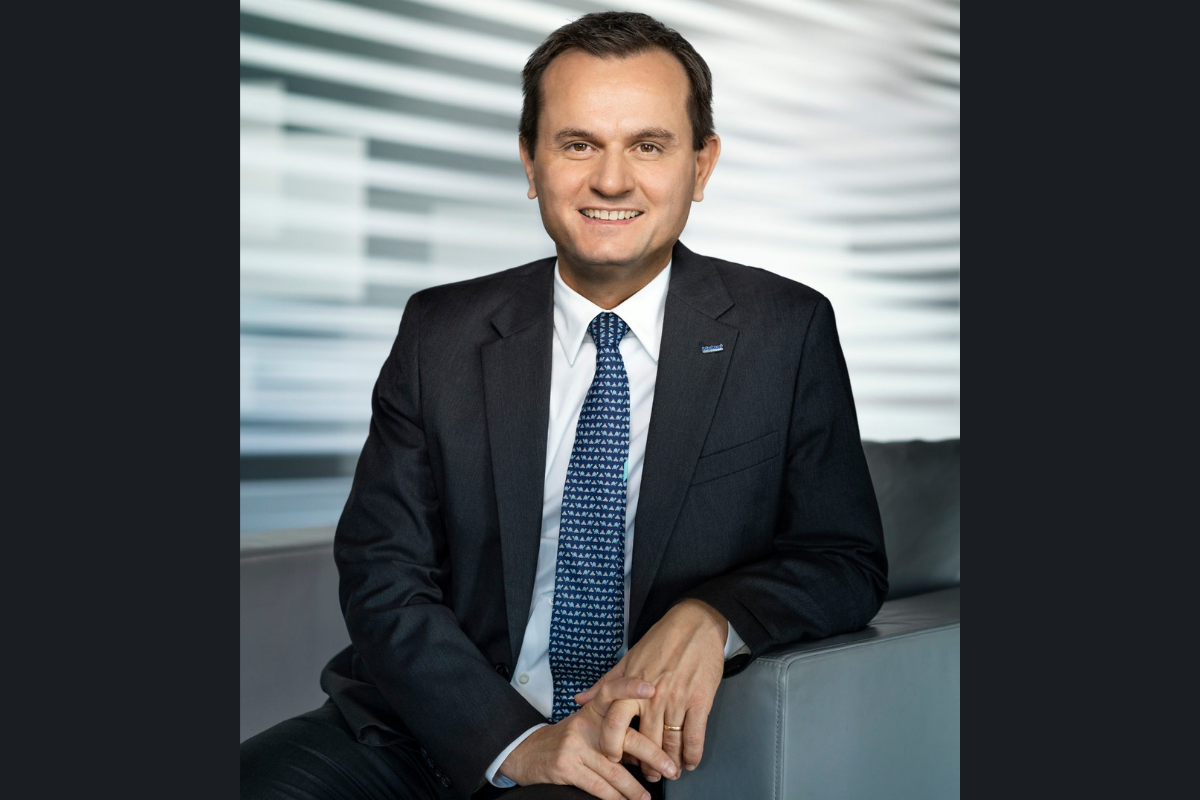
Kiekert reported record losses in 2020, but still Debreu decided to reward his staff. “I cut nothing,” he tells The CEO Magazine. “We went to restaurants, I paid everyone a 101 per cent bonus, and I even paid special bonuses while we were in the middle of the crisis with a 30 per cent sales drop.
“Still I paid the bonuses because this is what I call good management. It is not by starving your employees that you make them fit.”
Even in the face of growing pressure, he also refused to cut travel and expenses. It was a bold approach but one that ultimately delivered rewards. “Last year, we turned the company around in just one year – no more losses. We are now profitable,” he reveals proudly.

That represents a huge milestone for the ailing company, which had hovered close to the brink of bankruptcy on several occasions, having passed through the hands of a number of private equity companies – a period Debreu refers to as the “McDonaldisation” of the previously family run business.
“Instead of developing and growing the engine of Kiekert to make it a US$4 billion to US$5 billion [€3.98 billion to €4.98 billion] company, they sold one division after the other to release cash,” he says. “It’s like your home – when you sell your house, your car, what remains? Nothing. The people started to be demotivated, with no energy anymore. They were desperate and saw no future.”
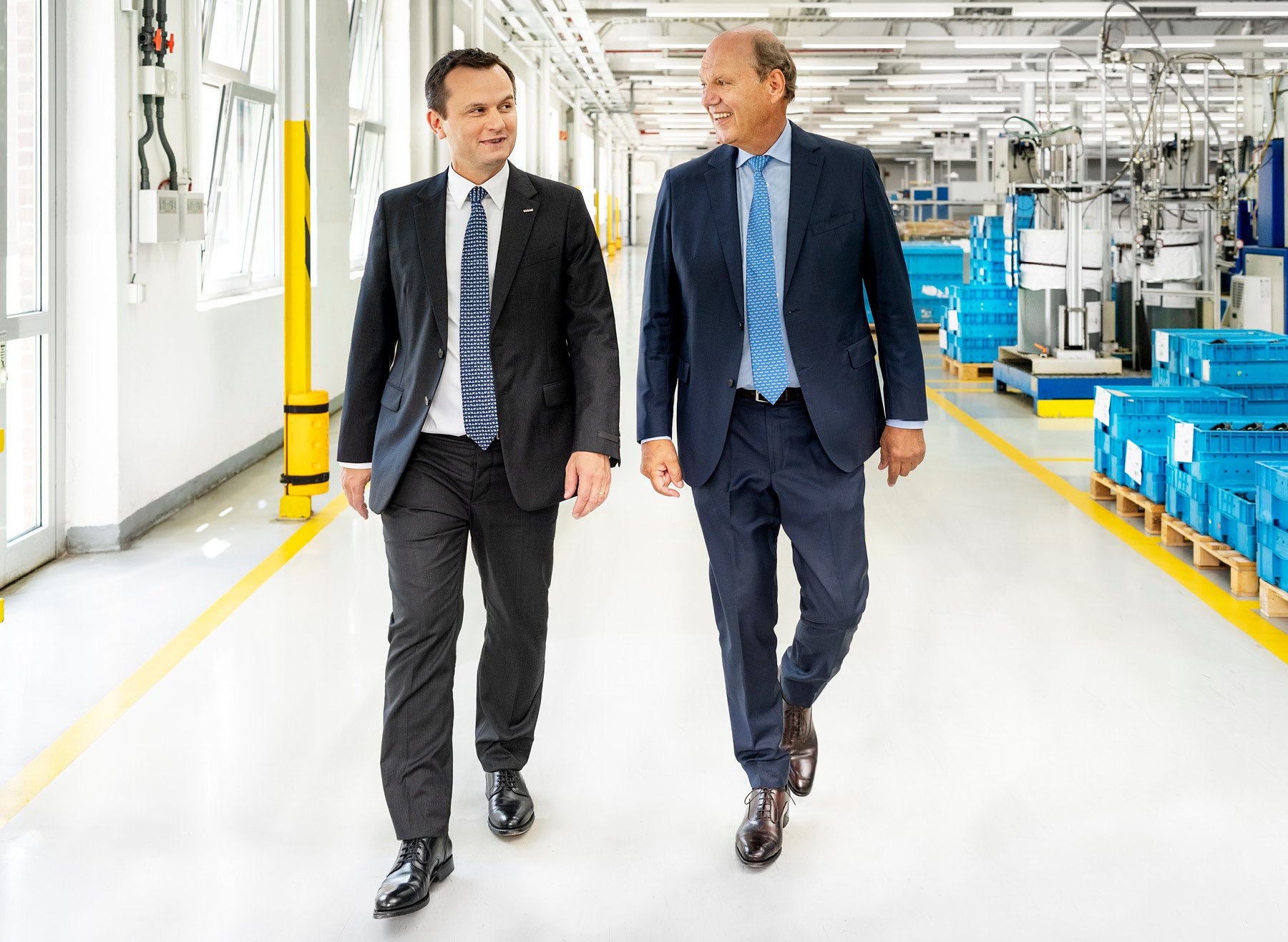
Last year, we turned the company around in just one year – no more losses. We are now profitable.
So when Debreu came on board in 2019 as CFO after a substantial stint with French automotive supplier Plastic Omnium, he took on the task of turning the ailing business around using what he describes as the “European approach”. This involved a significant restructure both in terms of finance and personnel.
He swiftly made an impact and then was given the added responsibility of the position of CEO in July 2021. “I’m a specialist of turnaround. I like to rescue the jobs and thereby the lives of people when they are desperate, so this is more or less my core competency,” he says.
A new chapter
Now, he has big plans for the reinvigorated business. Already, Kiekert’s closure systems are present in one-in-three vehicles – an impressive tally of which he is fiercely proud. Its customers include BMW, Mercedes, Volkswagen, Ford, Stellantis and Hyundai, among many others. “When you get in your car, you are most likely touching a Kiekert product,” Debreu stresses. “So, every morning you touch Kiekert and every evening when you go home, you say bye bye to Kiekert as well.”
But ambitious as ever, he is determined to up its use to one-in-two vehicles. “That means I want to increase our market share to 40 per cent at least,” he says. It’s a significant rise, but one he is confident the company can achieve, based on its reputation for innovation and standing as a “world leader for intelligent electro-mechanical products”.
“Now, we have the intelligence safety closure system. That means when you approach your car in the future, you will be able to unlock it with digital authentication. There will be no door handle – there will be no need.”
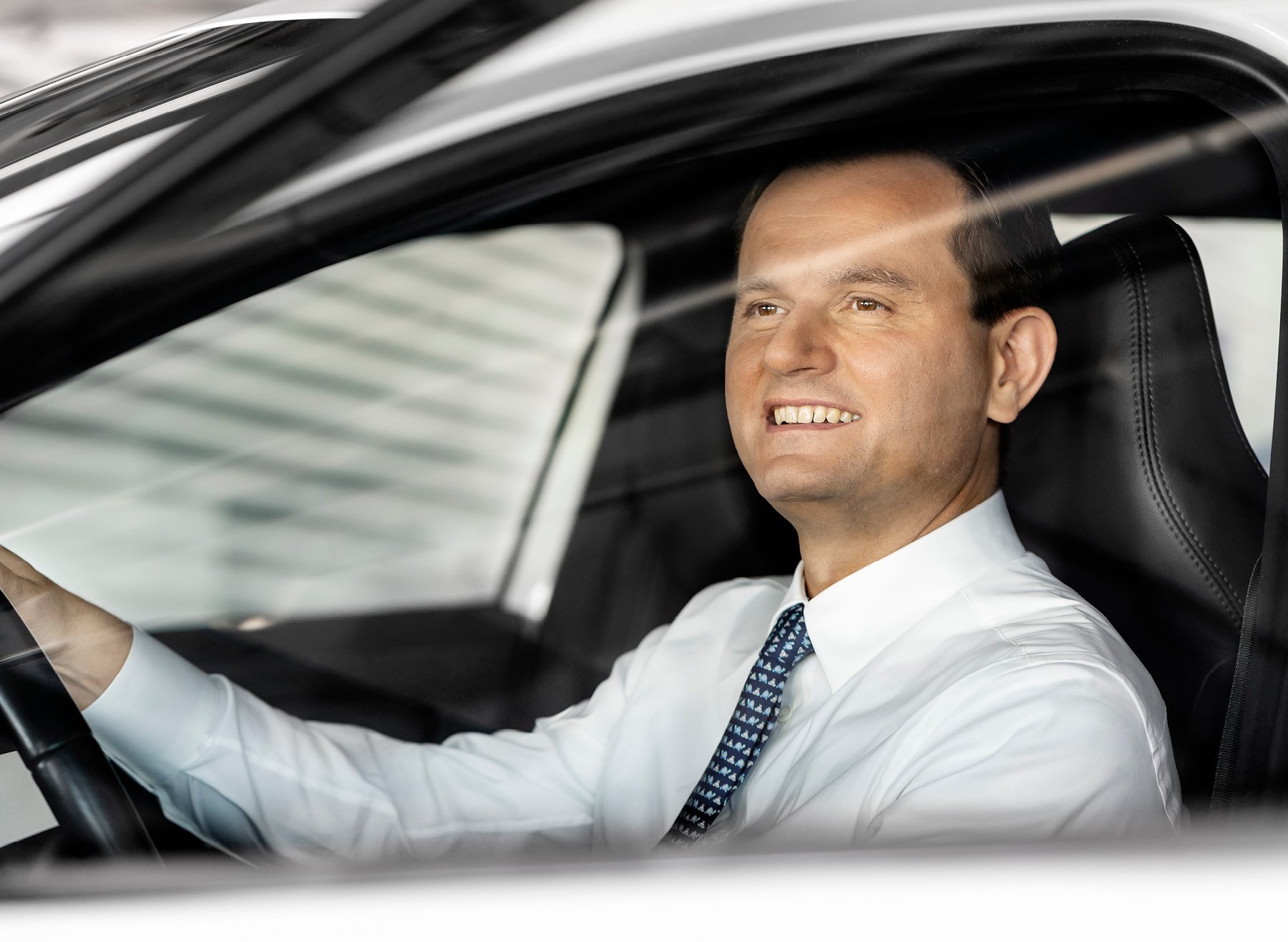
To futureproof Kiekert, we need to develop local people and products where the customers are – it’s a localisation, or a re-localisation.
The new technology, while innovative, also caters perfectly to the growing demand for sustainable solutions. “The car is lighter because there’s less material,” Debreu explains. “So you consume less oil and this is what we do at Kiekert. And it is safe because if you have an accident, there is a safety system that enables people to open the car from the outside.”
Most rival products don’t offer the same sophistication, he insists: “They will have to cut the door to get you out of the car”. Kiekert currently holds around 35 per cent of all patents for closure systems worldwide.
“For us, customer centricity is more than just a buzzword. We put the customer at the centre of everything we do and develop strategic partnerships. We meet our customers’ needs with maximum efficiency and first-class Kiekert quality. This makes us the first choice of global manufacturers for intelligent closure systems.”
With its range of closure systems so highly regarded, the 165-year-old German automotive closure system maker plans to continue to place a greater focus on this side of the business. But after the company’s former owners divested a number of its divisions, Debreu has plans to invest in new avenues to better place the company for future growth and stability.
“Like a human body, if you want to run, it’s better to have two legs than one and so this is my vision,” he points out. “What we are preparing with the team is a second leg. I can’t disclose much today because there are competitors on the market, but we have identified a new product division where we are on the way to register patents, where we know we will be in a good position to triple Kiekert.”
Pioneering Innovations
Maintaining a position at the cutting edge of automotive technology is paramount for Kiekert. Over the years, it has devised groundbreaking products such as its central locking system and electro-mechanical power closure.
It’s an impressive track record its Nuentry project aims to continue well into the future. Nuentry products include an electrified closure system, a charging plug actuator and automated car doors that offer safety and ease of use.
Developing people locally in order to build what he calls “anticipation skills” is another part of his strategy. “You don’t get anticipation skills when you only talk to people online. You get it when you talk to people onsite,” he explains. “To futureproof Kiekert, we need to develop local people and products where the customers are – it’s a localisation, or a re-localisation.
“It makes no sense to manufacture Japanese products in Germany and then export them. You have to manufacture close to Japan for the Japanese market. You manufacture in China for China. It makes no sense at all to manufacture in China and then export to Europe.”
People first
“Re-localising” the production process and connecting with local suppliers has been on Debreu’s agenda since he joined the company. At that time, he foresaw a flaring of tensions between China and the US. It was a canny foresight that set the company up well for the myriad challenges that have recently come into play.
“This is where the real world matters – you need to have a beer with the people, you need to have dinner with the people. You need to meet them again and again,” he stresses. “Digital is of course useful but real contact and presence is what matters long-term.”
It’s a back-to-basics approach that includes a revamp of the company’s identity – something that had become a little confused in recent years, according to Debreu. Now that it is independent and no longer owned by private equity, he wants to restore its “family run” vibe by focusing on customers and not on the stock market.
For Debreu, that means that Kiekert must retain a German presence, something that had been in jeopardy before he took the helm at the company, which had been long plagued by reports that it was set to close its Heiligenhaus plant.
“How can you be a German world leader and yet your way of making a profit is to save costs by closing your own headquarters? How does that work?” he reflects.

There cannot be any survival for Kiekert if we don’t stay in Germany.
“It’s like taking a gun and shooting it at your head, then wondering if you will still be alive. There cannot be any survival for Kiekert if we don’t stay in Germany.”
Indeed, in February this year, the company confirmed it would bolster its German operations with an additional 150 new members of staff, to be recruited over the coming years.
These types of commitments are even more important than those on the environmental, social and governance front when it comes to being socially responsible, Debreu adds. “My first job in terms of corporate social responsibility is to take care of the people who made Kiekert – that’s what I have done,” he says.
“When you create an immediate positive effect in the company, then people trust you. They want to work with you. They are motivated again and they can see a future.”
It was a decision that saw Kiekert shift operations – which had been moved to Eastern Europe to cut costs – back to Germany. “It is not responsible when you delocalise to save money in cheap countries,” he suggests.
“The right approach is to pay people correctly for the job they do and to sell it at the right price. If you are stock-listed, you can’t say something like that. Because we are not stock-listed, I can act without undue external constraints. That is freedom.”
It’s a sentiment that flows over to Kiekert’s suppliers, too; many who are also family run businesses, with Debreu also taking a stand on their behalf.
“Squeezing your supplier to make money is wrong,” he insists. “A supplier has to make money to be sustainable. That’s how they can pay their employees in the future as well and that’s how they will give back to you by being professional. If you squeeze your suppliers and they don’t have money, what can they do for you?
“Instead, we maintain strategic supplier partnerships with mutual trust as we have done, for example, with the Vollmann Group for more than 30 years.”
Eyes forward
This sustainable approach to running the business is a long-term recipe for success, according to Debreu. Short-term profits won’t lead to the enduring success of Kiekert in his view.
“I don’t care to make 10 per cent profitability – five per cent or six per cent is enough because I’m not thinking in quarters. I am really thinking in decades,” he reveals.
Diversity and inclusion are also real concerns for Kiekert. Debreu says the company is committed to acting on these fronts but it does so in a genuine way that is about more than merely ticking boxes. He believes it is able to be truly committed in these areas because it is no longer a listed company.
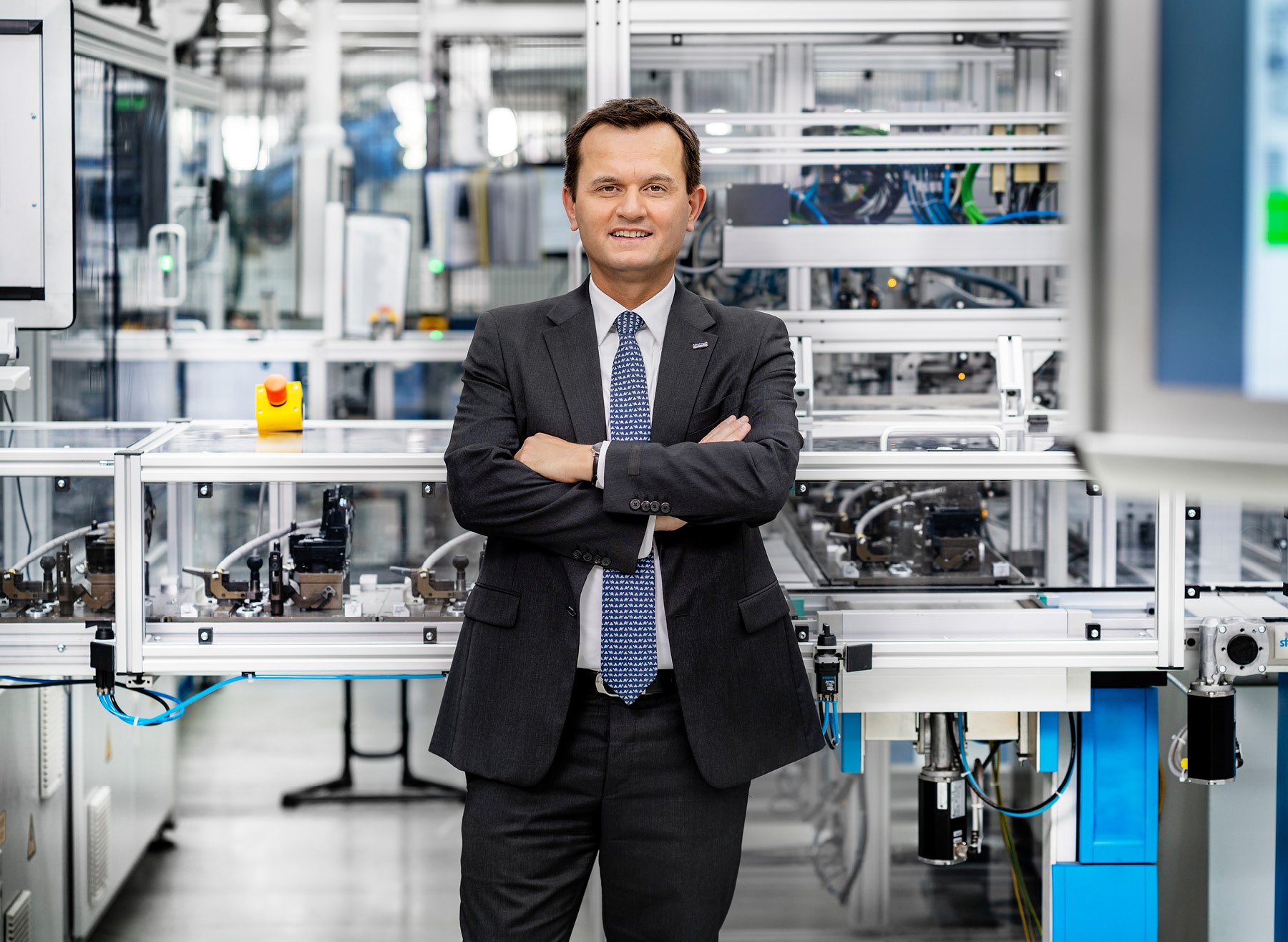
I don’t care to make 10 per cent profitability – five per cent or six per cent is enough because I’m not thinking in quarters. I am really thinking in decades.
“When you are listed, you have to pretend that you are doing the same as everyone else in terms of diversity, even if you don’t actually act,” he says. “We actually act – it’s less blah, more action, more humanity. And therefore, Kiekert will never be listed again. A proficient network of advisors and partners around me challenge my decision for the best.”
Debreu’s eye is clearly on the future, but that also means looking beyond his own influence on Kiekert’s path. To really plan for the future means to ensure that the company doesn’t fall apart when his leadership draws to a close – a lesson he learned from a former mentor.
“My job with my people is to be humble enough and visionary enough to build my succession,” he says. Although he predicts he will depart the company in around 10–15 years’ time, he has made sure to build an executive committee of six highly capable people who will eventually be tasked with finding his successor.
“It would be insane if I didn’t prepare my succession for the Kiekert employees of tomorrow,” he declares. “They need to have a future and I think that’s the biggest mistake in management today, that people don’t learn how to build their successors.”
A Valuable Role Model
When quizzed over the figure who has had the greatest impact on his career, Debreu is quick to respond.
“I had the chance at a very young age to report to this world leader, Heinz Hermann Thiele,” he reveals, referring to the Chair of German automobile brakes manufacturer Knorr-Bremse, where he worked for around 12 years, rising to the rank of CFO Asia–Pacific.
“This was the guy who wanted to fire me 100 times a day, so it created within me a resistance to stress. I don’t feel stressed anymore because when you are 26 and such a powerful guy wants to fire you but eventually likes you and trusts you, that has an impact. And I’m so glad that I had such a mentor.”
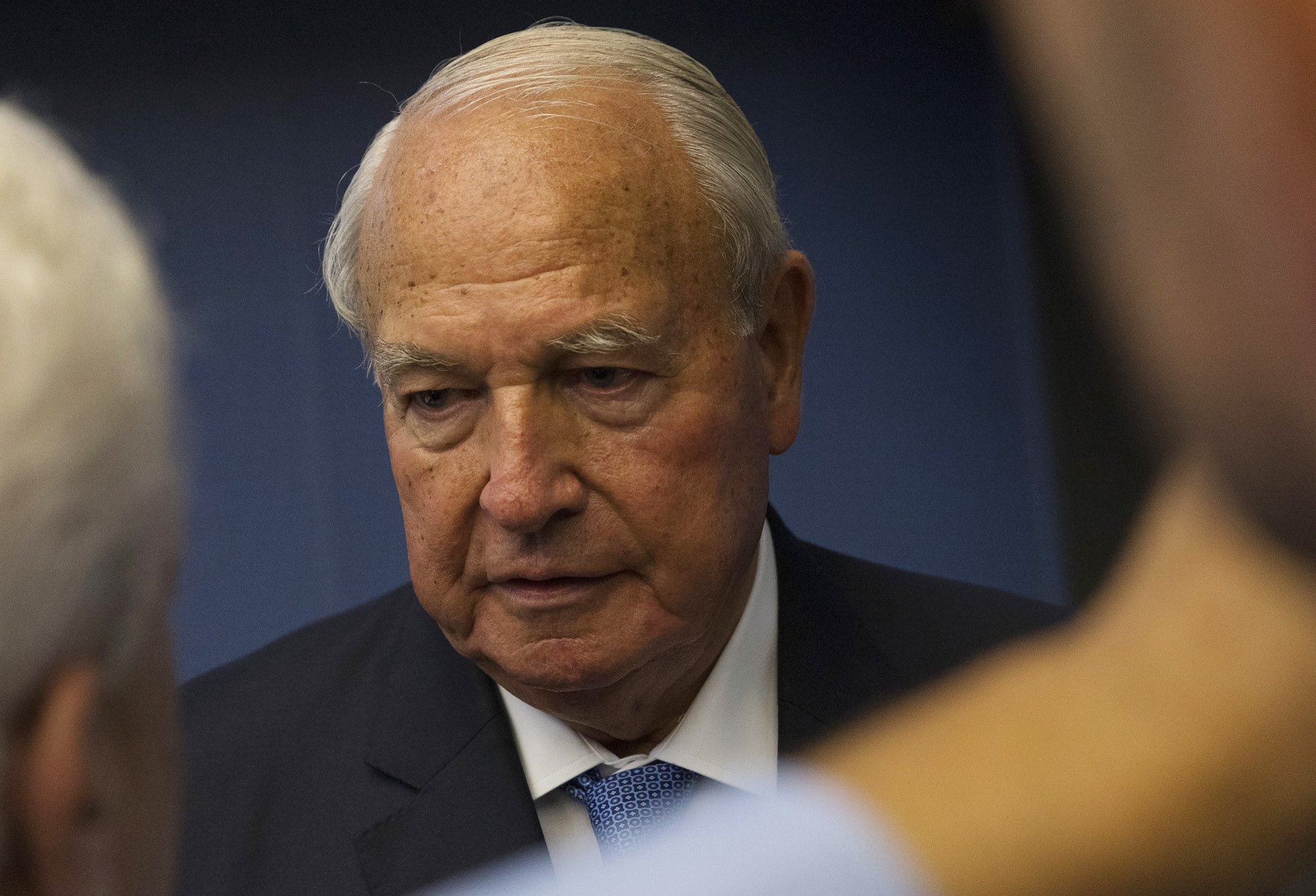
It’s clear that Debreu is flying in the face of trends both within the industry and further afield in many ways. His disdain for the increasingly digital nature of the age in which we live, where real-life interactions are fast being replaced by virtual alternatives, is another. He prefers to live in the “real world” rather than the “fake world”, as he puts it. “I’m not a friend of digitisation if it leads to de-socialisation,” he admits.
More than just a personal choice, he sees an emphasis on the “real world” as essential for business success, and is an advocate of the return to the office as the pandemic subsides and COVID-19 becomes part of daily life.
But far from a relic of a time gone by, Debreu’s approach appears to be visionary, delivering great results for Kiekert so far and in his other professional endeavours to date.
“Be human again,” he advises. “That means less Teams, less emails, more lunches, more dinners. We have to get back to normal. And if that means talking business over several bottles of champagne, then so be it.”

